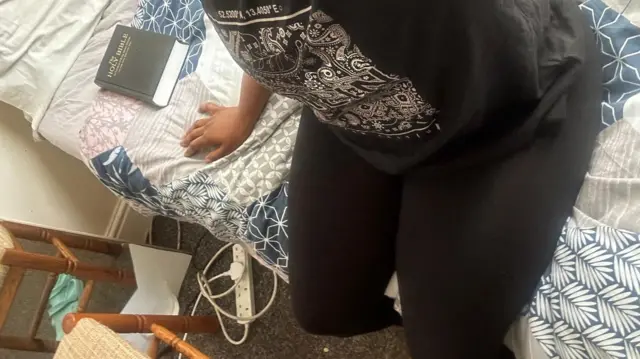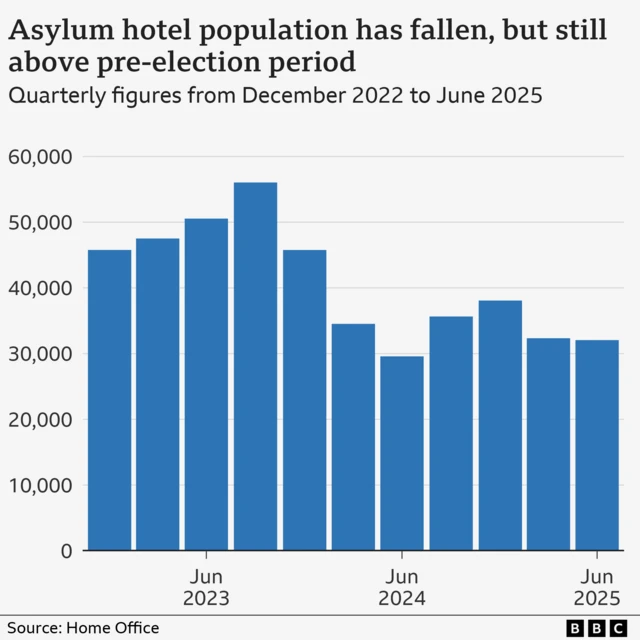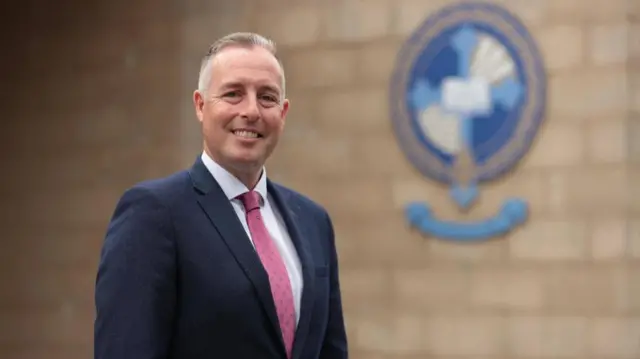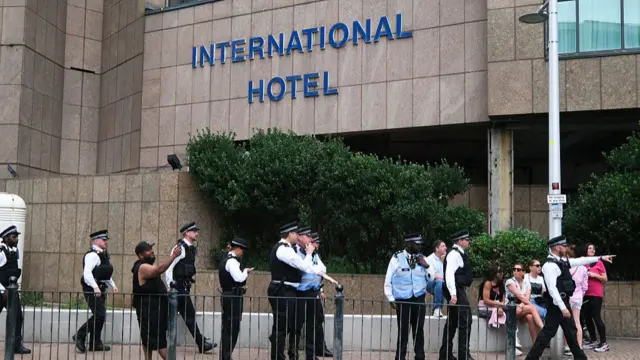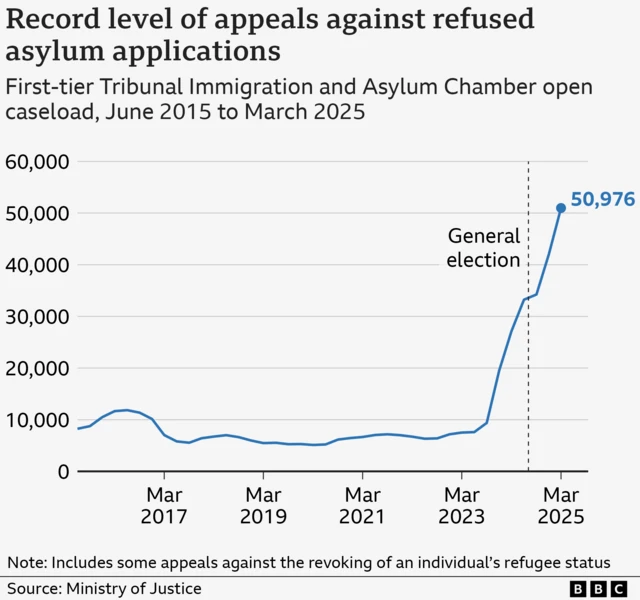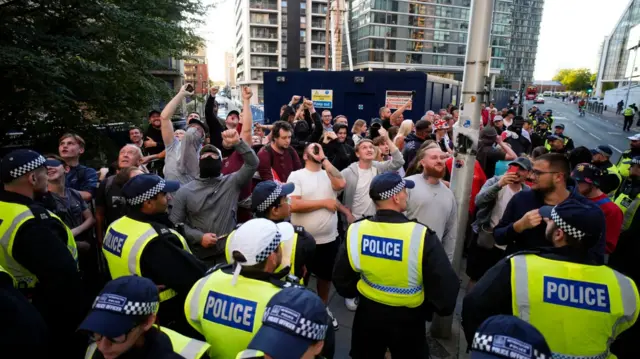Which figures have gone up, and which have gone down?published at 15:40 BST 21 August
We've seen a range of insights from the latest Home Office data. Here are some of the key points:
- Asylum seekers in hotels is up - the number has grown by 8% to reach 32,059
- The number of asylum seekers is at a record high - now 111,000, which is a 14% increase
- "Irregular" arrivals are up - now 49,000, which is a 27% rise
- People waiting for an initial asylum decision is down - now 90,812, almost 24% lower
- People removed by force has increased - now 9,072, 25% higher than last year
And in response to the figures above...
Home secretary Yvette Cooper says: "We inherited a broken immigration and asylum system that the previous government left in chaos," adding that the Labour government has strengthened immigration controls, cut asylum costs, and "sharply increased" enforcement and returns.
Conservative leader Kemi Badenoch says: "Labour say the number of asylum hotels has halved. What they aren’t saying is all of that cut happened before the general election last year. If Labour had continued on that trajectory, there would be no asylum hotels today."
Liberal Democrat home affairs spokeswoman Lisa Smart says she's still concerned about the asylum backlog, which "has been far too large for far too long", even though the government has managed to reduce it.
Reform UK leader Nigel Farage notes that under the current government "we have record numbers claiming asylum".
Refugee Council chief Enver Solomon calls for an end to the use of hotels for asylum seekers, saying: "Everyone agrees that hotels are the wrong answer."
And importantly, at the heart of this are many human stories. You can read about Daastan's experience of living in a Yorkshire hotel, or Godgive's struggle living in a house share, after having to leave her young son in Cameroon.
We're closing our live coverage for today. You can catch up on all of today's statistics, and what they mean, in our news story.
Thank you for joining us.

